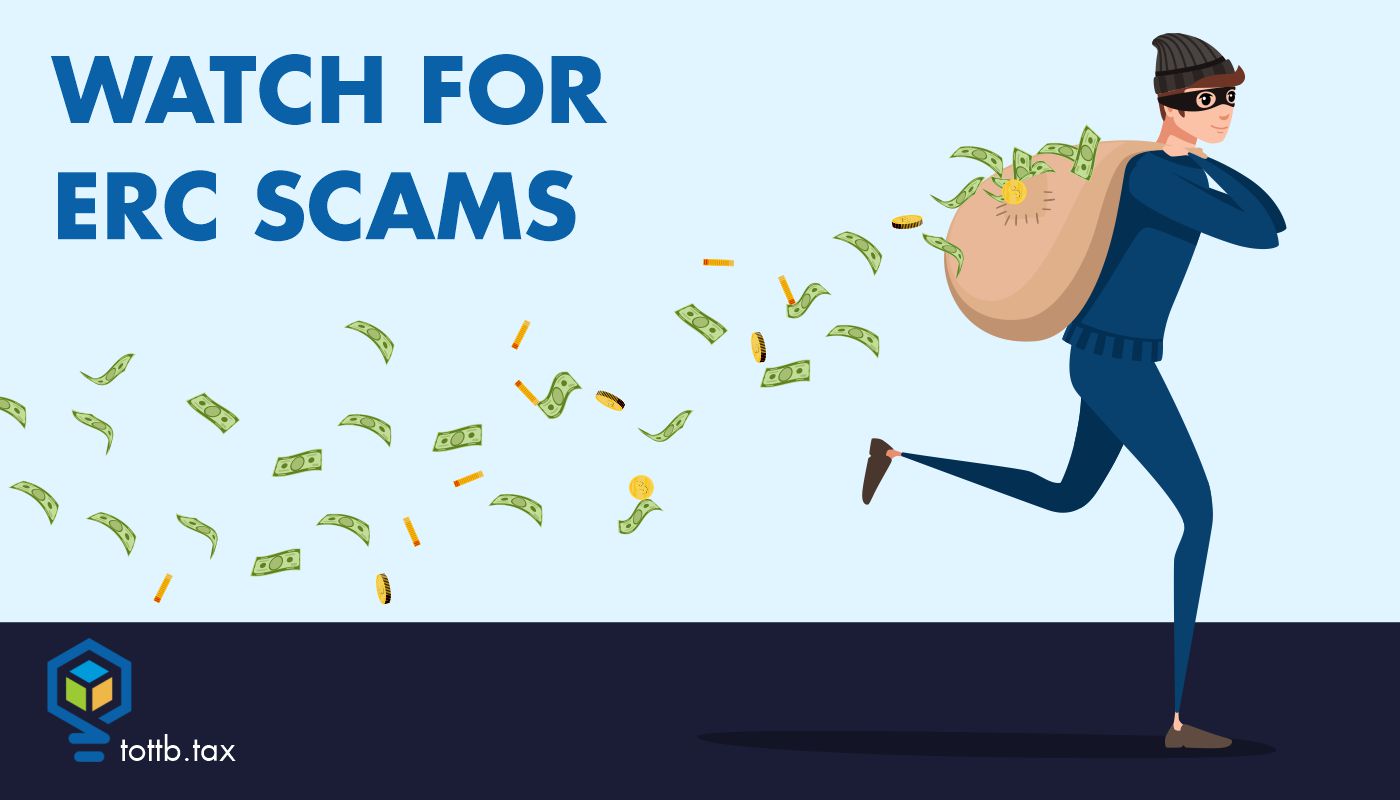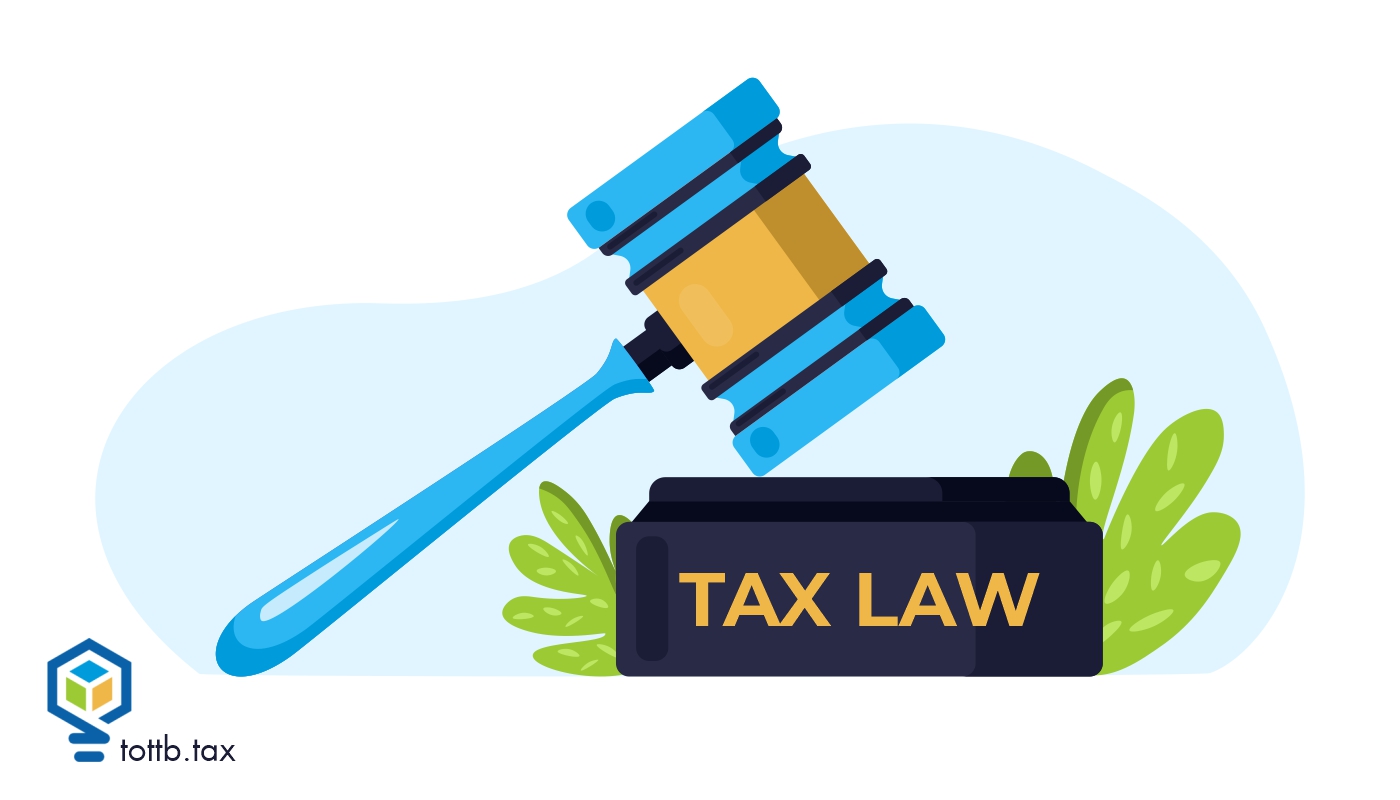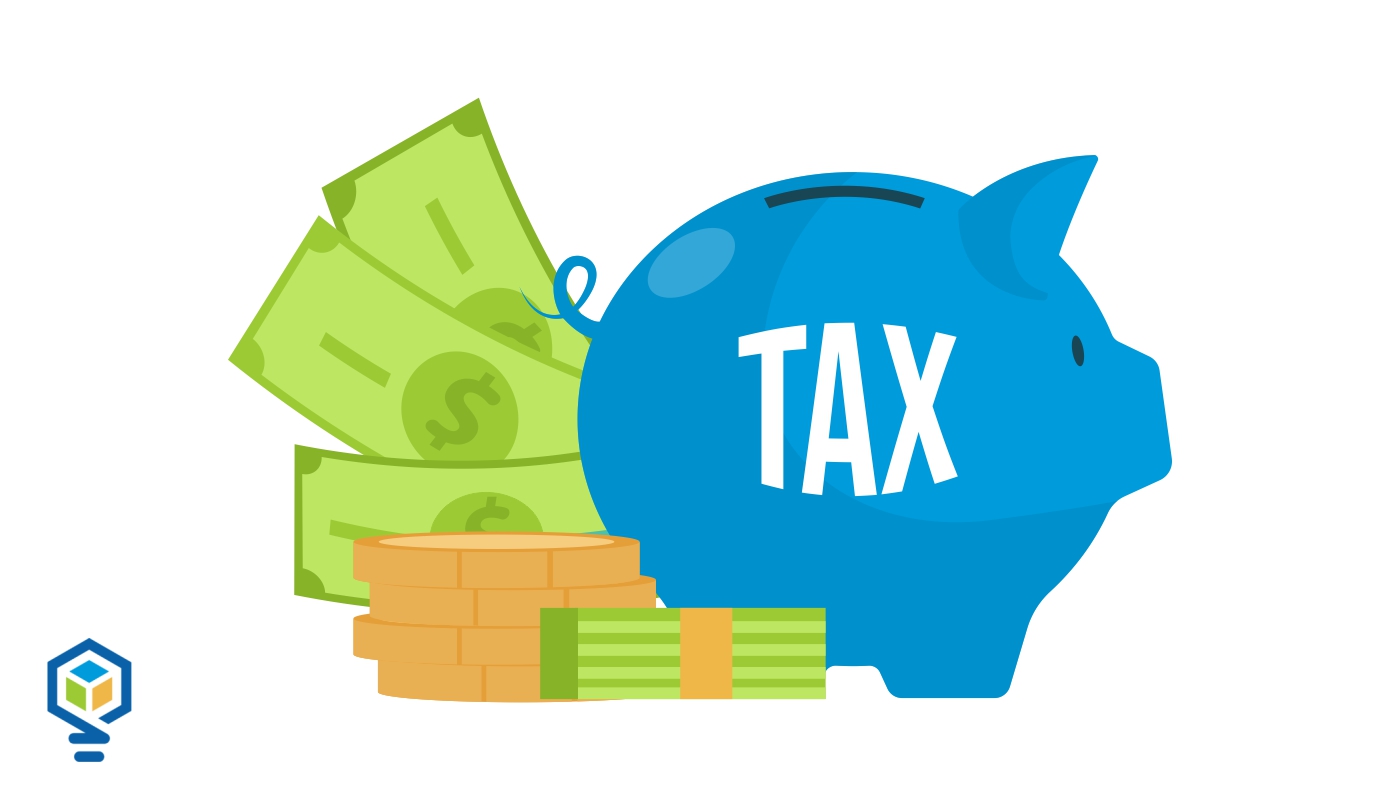Far too many of these Employee Retention Credit (ERC) claims are nonsense. Now don’t get me wrong. I enjoy helping businesses claim the ERC. I have written in these pages about the unique ways a business may qualify and how to use startup eligibility even for existing employers. But let’s be honest: People are manipulating this program beyond belief. The refund dollars are too attractive and have created far too large an incentive for shops charging high commission fees (I have seen fees charged between 10 to 35 percent of the refund).
In the coming years, numerous aggressive ERC shops may contact you if they haven’t already. How do you know whether a claim is legitimate or nonsense? Here, we will review the most prevalent bad arguments to help you avoid trouble.
Supply Chain Problems Rarely Create ERC
Most businesses have experienced some effect from a supply chain disruption over the past several years. So, it is understandable that this reason would be a key marketing point for ERC eligibility. However, broad supply chain issues do not automatically create ERC refunds. These rules are, in fact, so very narrow that I have never seen a real-world situation for supply chain-based ERC.
For a business to claim ERC partial suspension due to a government order impacting their supplier, it must:[1]
- Have a supplier that can’t make deliveries of critical goods or materials due to a government order;
- Can’t procure those critical goods from an alternate supplier;
- Experience a more than nominal effect on its business as a result.
Most supply chain arguments fail because there is no government order to begin with. Businesses within a supply chain are inherently “essential businesses” if they are supplying essential sectors. For suppliers of essential sectors, as we have come to understand them, that can still operate during lockdowns, the supplier is also essential business. A supplier may have closed due to an employee shortage, a COVID outbreak, or a voluntary shutdown. Increased demand, foreign government lockdowns, mask mandates, or non-enforceable recommendations/guidelines may cause supplier delays, as well. All of these reasons will fail to trigger ERC since there is no eligible government order in place.
Even if an order was in place on the supplier and the business couldn’t procure these goods elsewhere, the business must still show an effect on operations that is more than nominal. It is very difficult for these stars to align. ERC could only then apply for the period of time that the government order was in effect on the supplier and the period of time there was a more than nominal effect on the business. So a supplier shutdown in April 2020 may produce eligibility, but if the business itself had enough inventory to continue normal operations at that time, there is no effect on the business. Slowdowns in the supply chain may be felt later in the year or a future year, but eligibility only occurs on wages paid during a government order period and the period of more than nominal effect. This creates a difficulty in qualifying as most COVID shutdowns were relatively short-lived while most supply chain disruptions came long after the shutdowns when demand skyrocketed.
If you are contemplating a partial suspension for ERC based on a supply chain disruption, get a copy of the order and period of duration, review documentation of the lack of alternative suppliers, and review documentation of effect on the business. Although it could work in theory, supply chain ERC is nearly impossible in reality.
Customer Shutdowns Do Not Create ERC
Another common selling point is a shutdown of customers creating an ERC suspension for the business. This one is flat out wrong and clearly addressed in the IRS program guidance. Yet, is it amazing how prevalent this argument remains. See the below Q&A from the IRS:
Question 13: If a governmental order causes the customers of a business to stay at home, or otherwise causes a reduction in demand for its products or services, and the business responds to the lack of demand by suspending some or all of its operations, is the business considered to have a suspension of operations due to a governmental order?
Answer 13: No. An employer that suspends some or all of its operations because its customers are subject to a government order requiring them to stay at home or otherwise causing a reduction in demand for its products or services is not considered to have a full or partial suspension of its operations due to a governmental order.[2]
The guidance goes on to give an example of an essential repair business that is not suspended by a government order creating a reduction in demand. Instead, the guidance directs us to apply the gross receipts decline test to measure ERC eligibility. Customer shutdowns are a great example of ERC areas that may sound correct initially but do not hold up under scrutiny.
Federal Rules Do Not Create ERC
There is no single order that qualifies all businesses. There is no single order that qualifies an entire industry. Believe it or not, people are filing ERC claims citing the national COVID emergency, federal agency rules, or other nationwide impacts. These do not work.
A government order must be mandatory to qualify as an ERC order even before considering the impact it may have on a business. A statement by a government official, declaration of a state of emergency, or recommendations will not qualify if they do not limit commerce, travel, or group meetings in any manner.[3] The key distinction is between required government rules when compared to government rules that are merely recommendations or guidelines.[4] There are no such qualifying national orders to make all businesses eligible.
Perhaps the most widely used nationwide argument points to guidance from the federal agencies of OSHA and CDC. This argument is very convenient because it would give ERC to every business while allowing credit shops to avoid a review of state and local orders altogether (and continue to collect high contingent fees). Still, the “OSHA argument” is probably one of the most sophisticated and well-presented on the surface. Unfortunately, it does not work once we begin to peel back the layers to the core of the argument. I explain and debunk this argument in detail in my article OSHA and CDC Guidelines Are Not ERC Suspensions.
Other Bad Arguments
We have covered the most prevalent bad arguments for eligibility above, but many more continue to be concocted. Here is a short list of “reasons” that will not give you ERC in the end.
- General statements of restrictions without specific documentation and application to the business;
- Suspension claims that do not have a basis in a government COVID order;
- A revenue decline within a business segment;
- My revenue went up, but my gross profit went down;
- Our trade shows got canceled;
- We could not meet clients in-person[5];
- Our managers could not meet for lunch;
- Mask mandates[6];
- Vaccine mandates;
- Inventory cost increased;
- Difficulty finding new workers;
- My friend claimed ERC, so I should, too;
- Lots of businesses in my industry are claiming it, so I should, too;
- We experienced some “hardship” due to COVID;
- Someone on TikTok said I could;
- Everybody is doing it;
- I will likely never be audited;
- The IRS won’t know the difference;
- My claim must be OK because the IRS paid it;
(Note: The IRS doesn’t vet ERC eligibility when a claim is made. Eligibility is only subject to IRS audit after the claim.)
Yes, any business could describe some negative COVID impact experienced. But the taxpayer cannot obtain ERC eligibility through vague effects or just any COVID impact. Eligibility is much more narrow.
How to Get Comfortable with Eligibility? Talk to a Tax Professional
Before taking a risky ERC position, businesses should pose the question to their advisers – hopefully an adviser with no financial interest in the answer. Make sure you are speaking to someone with significant ERC experience as a tax professional. Push for specifics of why the business is eligible. Do not accept vague assurances of “COVID impacts.” We must have a specific COVID government order affecting the business and a more-than-nominal impact that can be measured and well-documented – these two items alone should sort out most baseless claims.
Can I Just File ERC Anyway to See What Happens? Don’t Do It. That Is Tax Fraud.
Somehow business ethics seem to be blurred when it comes to large amounts of COVID relief funds. Would you claim a bogus million-dollar charitable donation on your tax return and just wait to see if you get audited? Why are ERC claims based on nonsense eligibility any different?
A tax professional cannot know whether your friend’s ERC claim is legitimate without reviewing it, but a professional should be able to address the facts of your situation. Once you know you were sold bogus eligibility, continuing to move forward with a refund claim is not only risking the refund dollars plus penalties; it is tax fraud. “Fraud is deception by misrepresentation of material facts…. [I]t is obtaining something of value from someone else through deceit” according to the Internal Revenue Manual definition.[7] The manual goes on to list common tax evasion schemes, including improper claims and credits.[8]
The IRS’s Dirty Dozen list of the worst tax scams has included “improper claims of business credit” for multiple years,[9] Improper research and development credit claims are highlighted in the list and have many similarities to what we see with ERC today. Shops aggressively market the credits to businesses that don’t qualify in the first place while charging high percentage fees of the calculated benefit. Shops benefit due to the low IRS audit rate and also may benefit from the slow IRS exam process – if these shops are still around at all by that time. Aggressive and outright fraudulent ERC claims are likely to make the IRS Dirty Dozen list in the future.
The situation with aggressive ERC shops has become so pervasive that the American Institute of Certified Public Accountants has been lobbying Congress to take action as part of broader fraud enforcement efforts on COVID relief.[10] The House of Representatives passed bills in June that would extend the statute of limitations to a 10-year period to prosecute PPP and EIDL loan frauds.[11] Congressional interest is likely to continue on COVID relief enforcement against fraudulent claims. These efforts are also likely to be expanded to the ERC program as the situation comes to light.
Summary
Do not be fooled by big refund promises based on vague eligibility. For such a major tax benefit, you should be confident in your position. With the IRS’ continued growth plans and such large ERC dollars at play, it is reasonable to expect ERC audits to be a heavy focus area in the coming years. The potential return-per-audit-hour is significant for the IRS.
If your proposed refund is because of the supply chain without an order, a customer shutdown, OSHA, or any vague argument, push back on the nonsense. Look for specific government orders and their durations. Look for clear documentation of the more than nominal effects on the business. In the end, you might not be eligible for the Employee Retention Credit, and that’s OK.
[1] Notice 2021-20, Sec. IIID, Question 12.
[2] Notice 2021-20, § IIID, Question 13.
[3] Notice 2021-20, § IIIC, Question 10.
[4] Notice 2021-20, § IIID, Question 20.
[5] Notice 2021-20, § IIID, Question 15.
[6] Notice 2021-20, § IIID, Question 18.
[7] Internal Revenue Manual 25.1.1.3.
[8] Internal Revenue Manual 25.1.1.3.3(3).
[9] IR-2021-144.
[10] AICPA Town Hall Series – June 23 Edition, https://us.aicpa.org/news/aicpatv.
[11] H.R.7334, H.R. 7352.











